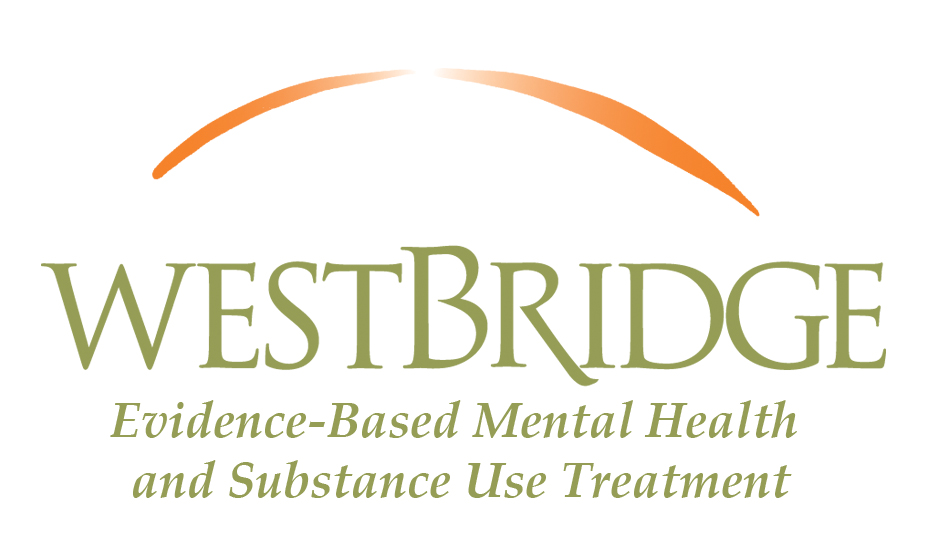 After leaving the military, one of the hardest things many veterans face isn’t the loss of structure, it’s feeling the loss of purpose. For years, your actions were tied to a mission that mattered. Every task felt like it had weight, every decision had a goal behind it. When that disappears, even simple days can start to feel directionless. Volunteering can fill that gap, not by recreating the intensity and routine of military service, but by restoring something that is just as important to you: meaning.
After leaving the military, one of the hardest things many veterans face isn’t the loss of structure, it’s feeling the loss of purpose. For years, your actions were tied to a mission that mattered. Every task felt like it had weight, every decision had a goal behind it. When that disappears, even simple days can start to feel directionless. Volunteering can fill that gap, not by recreating the intensity and routine of military service, but by restoring something that is just as important to you: meaning.
Being in a service changes the way you see the world. You understand teamwork, self-sacrifice, and accountability in ways that most people don’t. But when you transition to civilian life, it can feel like those skills don’t have a place anymore. Volunteering can help flip that script. It gives you a chance to use those same traits, to show up, to contribute, and to make a difference. You’re not taking orders; you’re choosing to serve. That choice alone can be powerful and very healing.
There’s something very grounding about giving your time to others. Whether it’s stocking shelves at a food pantry, mentoring a student, or helping another veteran navigate the VA system, volunteering reconnects you to a sense of belonging. You stop being an observer of civilian life and start becoming part of it. That shift that you take, from isolation to involvement, can help quiet the restless feeling that so often follows discharge for many veterans.
Volunteering also provides perspective. When you’re focused on helping others, your own challenges often come into clearer, more manageable focus. It doesn’t make them disappear, but it does remind you that you still have the ability to create positive impact, even in little ways. That reminder can help rebuild your confidence piece by piece.
Studies show that volunteering can lower stress, improve mood, and even reduce symptoms of depression. Humans are hard wired to connect and contribute. Veterans, especially, thrive on shared purpose. When you are a part of something that helps others, whether it’s a local shelter, a community garden, or an animal rescue, you’re not just killing time. You’re reestablishing your own identity.
You may start volunteering to help others, but somewhere along the way, you realize it’s helping you, too.
Finding meaning after service doesn’t have to be complicated. It doesn’t have to involve a grand cause or a full-time commitment. It can start with one small act of service. A reminder that purpose doesn’t end when your military career does, it just takes on a new and different form.
WestBridge, Inc., based in Manchester, New Hampshire, delivers compassionate and evidence-based care to adults living with serious mental illness and/or substance use disorders. For veterans who may face complicated issues, trauma, post-traumatic stress disorder (PTSD), co-occurring substance use, disruption in employment or family life, WestBridge offers a structured environment where healing and resilience are priorities. WestBridge is a provider for the Veterans Administration Community Care Network in VA Region 1. Veterans must receive approval from the VA prior to obtaining care from a community provider. Contact admissions for inquiries and questions.
